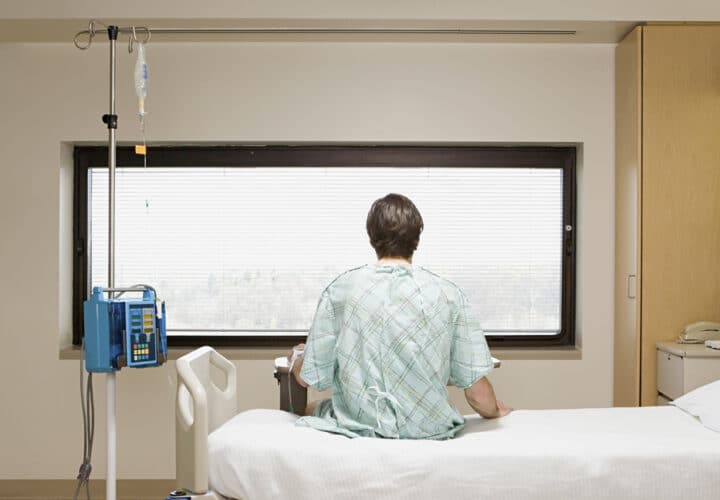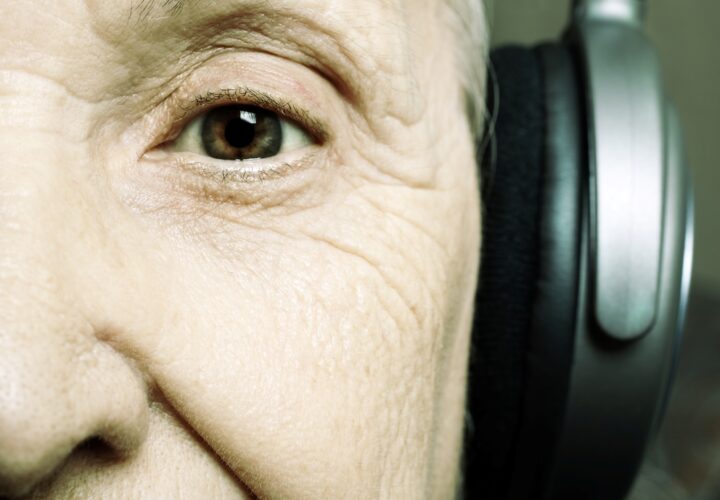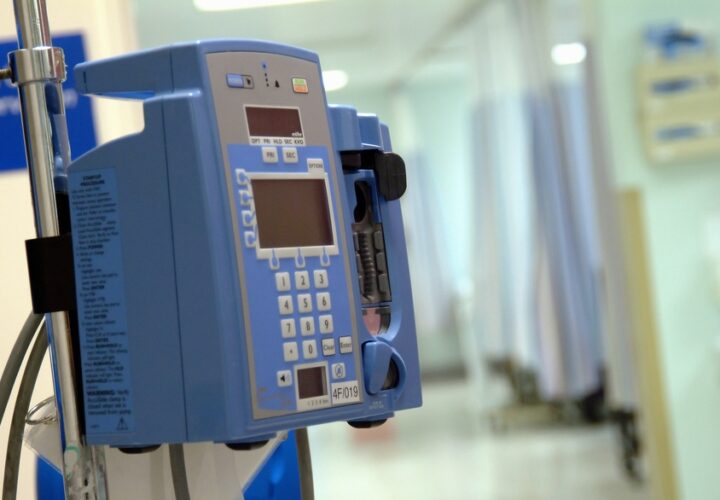A 2017 study found that thousands of patients thought to have Alzheimer's were actually misdiagnosed.
Making an Alzheimer’s diagnosis has always been difficult for doctors. Until recently, the only way to get a confirmed diagnosis was through autopsy and, just this year, a study found that thousands of patients thought to have Alzheimer’s were actually misdiagnosed.
Thanks to newer technology like PET scans and cerebrospinal fluid tests, doctors are now able to diagnose Alzheimer’s with more certainty. But to get more accurate tests, doctors must first suspect Alzheimer’s and order the test to begin with. A new study points out that patients with psychosis, which often goes along with dementia, often go misdiagnosed by doctors, who fail to diagnose Alzheimer’s as the underlying disease.
According to a new study by the University of Toronto, doctors tend to miss Alzheimer’s in patients with psychosis more often than in patients without psychosis. Psychosis, which can be present in many neurodegenerative diseases, is responsible for some of the most distressing symptoms of Alzheimer’s: hallucinations and delusions.
The finding points out that there may be an under-appreciation for how often psychosis occurs with Alzheimer’s. Though Alzheimer’s shares characteristics with other types of dementia, the pathology of Alzheimer’s is unique. Correctly diagnosing different types of dementia helps scientists research how the disease develops, and also allows patients access to clinical trials that they might not get into without a diagnosis. Receiving a misdiagnosis causes patients to take drugs that may not address the plaques associated with Alzheimer’s, negatively influences the outcomes of clinical trials and wastes money on inappropriate treatments.
This study was published in the journal Alzheimer’s & Dementia: Translation Research and Clinical Intervention. Read the full study here.


